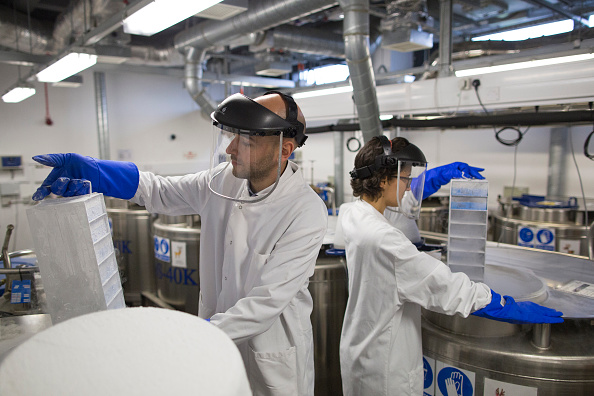
Protecting ID Laboratory Developed Tests
IDSA continues to educate policymakers about the important role of laboratory developed tests (LDTs) in ID patient care and public health and to share our concerns about proposals from Congress and the Food and Drug Administration (FDA) to impose burdensome regulations on the development and use of LDTs that could seriously jeopardize patient access to high quality testing. Please help us by contacting your congressional representatives using IDSA’s online action center. It just takes a minute or two!
The House of Representatives Energy and Commerce Committee continues to consider the draft Diagnostic Accuracy and Innovation Act, which would impose new FDA regulatory oversight of many ID LDTs. Because academic clinical laboratories typically lack the resources necessary to pursue FDA approval of their tests, this legislation could result in a dramatic loss of LDT innovation and patient access to these tests.
The FDA recently provided input on this draft legislation, which could worsen the draft bill’s impact on ID LDTs in several key ways. For example, the draft bill provides a narrow exemption from FDA regulation for tests for rare diseases, but FDA advises that LDTs for communicable diseases be excluded from this exemption. In addition, the draft bill provides the option of a precertification pathway, which may help limit the new regulatory burdens on laboratories. However, FDA recommends that tests for transplant associatedviruses and first-of-a-kind tests be excluded from the precertification pathway. Transplant viral load tests are typically LDTs given the lack of many commercial test options. IDSA has repeatedly demonstrated to FDA and Congress the tremendous evidence supporting their successful use. It is unclear why FDA has made these recommendations, which appear to lack grounding in scientific evidence.
IDSA provided comments to Congress on FDA’s feedback and is conducting meetings with multiple congressional offices to discuss this important issue.

